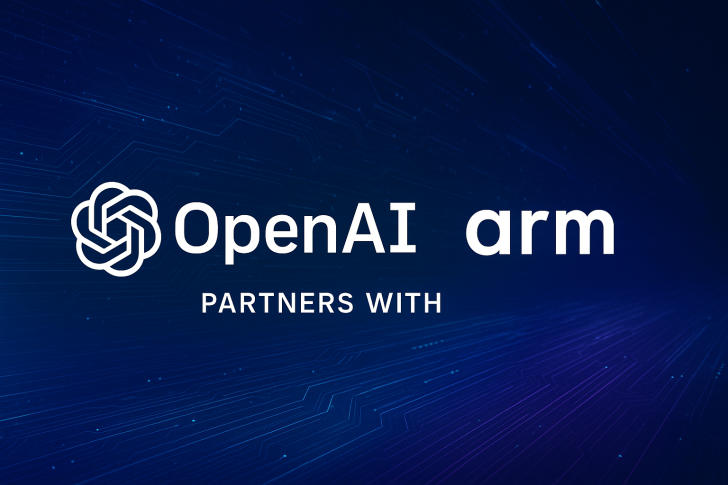Artificial intelligence isn't just about smarter algorithms anymore—it's increasingly about who owns the hardware running them. As AI infrastructure demands skyrocket, OpenAI is making a strategic move to reshape the chip landscape. The company is now working with SoftBank-owned Arm and Broadcom to develop custom silicon, marking one of its most ambitious expansions to date.
Why Custom Chips Matter
According to Wall St Engine, OpenAI is developing two distinct products: a Broadcom-powered inference chip built to handle the heavy computational demands of large language models, and an Arm CPU optimized for general computing tasks that work alongside GPU systems. TSMC, the world's leading chip manufacturer, is already testing early versions, with mass production slated for late 2026.
OpenAI President Greg Brockman didn't mince words about the motivation, citing frustration with current suppliers and noting that many vendors simply "didn't listen." By controlling its own chip design, OpenAI aims to boost efficiency, cut dependence on third parties, and move faster on innovation.
A Trillion-Dollar Infrastructure Play
This chip initiative fits into OpenAI's broader vision: a $1 trillion data center buildout targeting 26 gigawatts of capacity by 2033. Broadcom's chips alone are projected to deliver up to 10 GW between 2026 and 2029. CEO Sam Altman has been pushing TSMC hard to ramp up production, knowing that chip supply could become the defining constraint in the AI race.
SoftBank, which controls 90% of Arm, is expected to bankroll much of this expansion. Some analysts believe the Japanese giant could funnel tens of billions into AI infrastructure, cementing its role as a major player in the global competition for AI dominance.
Shaking Up the Hardware Ecosystem
OpenAI's hardware push has serious implications. It reduces the company's reliance on Nvidia and AMD, bringing more diversity to the AI chip market. Custom-designed silicon means better performance tailored specifically to OpenAI's models. And it puts pressure on competitors like Google, whose TPU chips have long dominated internal AI workloads, and Amazon, which has been building its own Graviton processors.
If the partnership succeeds, it could signal a shift where leading AI companies don't just train models - they also design the chips that run them. The lines between software and hardware are blurring, and OpenAI is betting that owning both will be essential to staying ahead.
 Saad Ullah
Saad Ullah

 Saad Ullah
Saad Ullah


